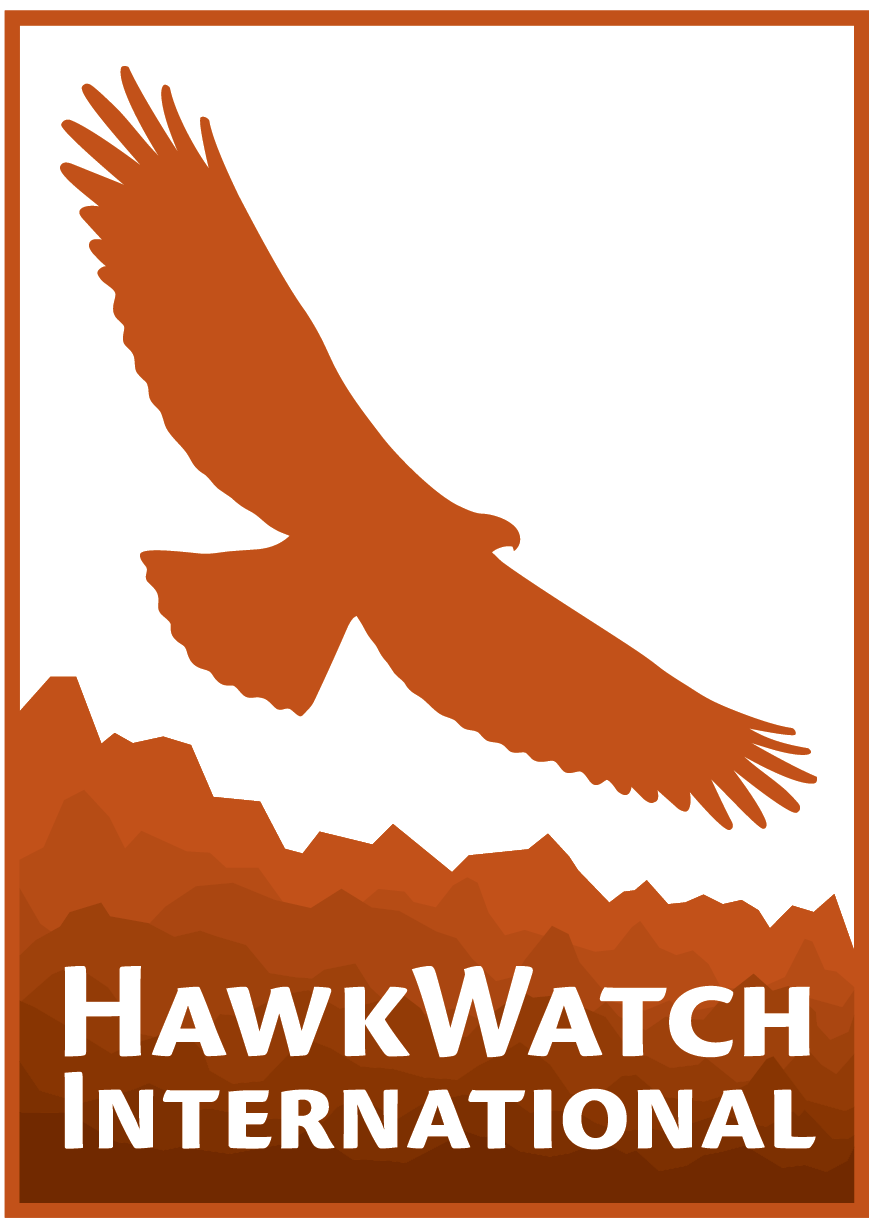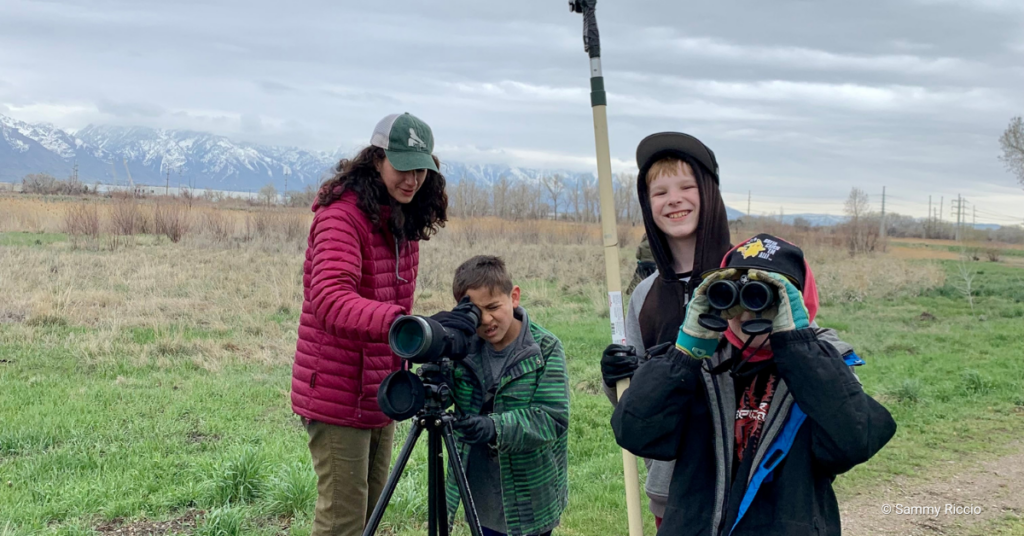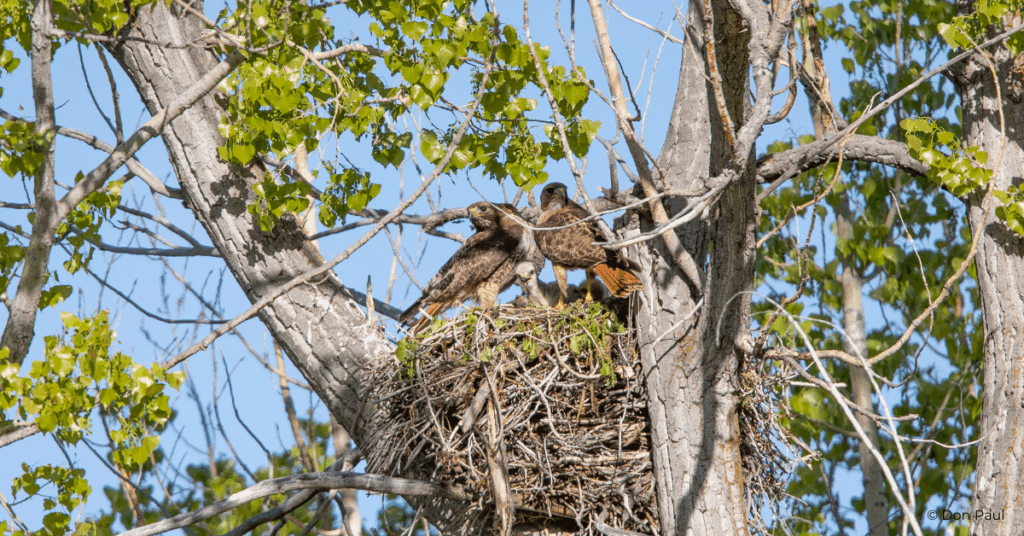Numerous threats, like habitat loss and climate change, are wreaking havoc on ecosystems around the world. And while research and direct conservation efforts are critically important to addressing these threats, so too is environmental education (EE). Instilling awareness of environmental issues in people at a young age supports healthier communities, fosters responsible stewardship, and promotes the wellness of individuals and ecosystems alike. That’s why education is one of HawkWatch International’s three main focuses and why we wanted to kick off the new year by sharing how you can create unique learning opportunities that foster a deep, hands-on connection to nature.
What Is Environmental Education?
Environmental education introduces individuals to the knowledge, skills, and motivation needed to address complex environmental challenges. The scope of EE spans understanding ecological systems, recognizing the human impact on the environment, and actively participating in sustainable practices. Whether it’s learning about local wildlife, renewable resources, or waste reduction, EE encourages students to see the natural world as interconnected and essential to human health and happiness.
A well-rounded environmental education promotes:
- Critical thinking about environmental issues and solutions
- Problem-solving skills through active engagement in real-world issues
- Healthy lifestyle choices that prioritize sustainability
- Community involvement and responsibility toward local and global ecosystems
The Role of Environmental Education in Human Health and Wellness
The benefits of environmental education extend beyond growing knowledge and improving environmental health. EE also boosts human health and wellness. Research shows that spending time in nature can ease stress, lower anxiety, and lift your mood. As EE often takes place outdoors, learners have the opportunity to experience these benefits firsthand, leaving them feeling more relaxed, happy, and mindful.
Additionally, EE helps students see how closely our health is tied to the health of the environment. It shows how protecting natural ecosystems leads to cleaner air, safer water, and healthier food. By learning about this connection, students are inspired to take care of the planet through conservation and sustainable practices. In this way, EE is not only about protecting the planet; it’s about creating healthier, happier communities now and for the future.
Environmental Education as a Tool for Community Empowerment
A well-informed community is an empowered one. EE gives students and community members the tools and confidence they need to take action for a more sustainable future. Whether it’s cleaning up local pollution, protecting green spaces, or supporting renewable energy, EE helps turn knowledge into meaningful change.
When people understand the issues, they’re more likely to speak up for the environment and push for policies that benefit everyone. EE also boosts environmental literacy, helping people spot misinformation and have thoughtful conversations about topics like climate change, biodiversity, and resource management.
Finally, environmental education fosters inclusivity by bridging diverse communities through shared stewardship goals. Urban, rural, and Indigenous communities all benefit from EE initiatives that prioritize respect for different environmental perspectives and promote collaboration for environmental justice.
How to Incorporate Environmental Learning in Education
Here are several effective ways you can introduce environmental education to learners, preparing them for a future that demands environmental awareness and action:
- Nature-based field trips: Field trips offer experiential learning opportunities that spark students’ interest in nature. Local nature reserves, parks, and wildlife centers provide an engaging backdrop for learning about ecosystems, wildlife habitats, and conservation efforts.
- Project-based learning: Creating projects centered on environmental topics allows students to investigate specific issues and propose solutions. Learners might study waste management practices, design community gardens, or create presentations on local conservation needs. This hands-on approach both fosters critical thinking and also instills a sense of personal investment in their communities.
- School gardening programs: School gardens offer students practical insights into sustainable agriculture and the benefits of local produce and plant biology. Gardening programs teach responsibility, teamwork, and patience while directly exposing students to concepts like food security, biodiversity, and ecosystems.
- Collaborations with environmental organizations: Partnering with organizations like HawkWatch International brings specialized resources and expertise into classrooms. We provide engaging educational experiences that focus on raptor conservation and the role of birds of prey in ecosystems. Learners gain unique, up-close exposure to wildlife and ecosystem health so they can develop a respect for biodiversity and conservation.
- Community science projects: Community science opportunities engage students in real environmental research. Projects such as water quality testing, wildlife monitoring, or local air pollution tracking give students a hands-on role in scientific data collection. This approach supports scientific studies and teaches students the importance of data in understanding and solving environmental issues.
HawkWatch International’s Education Programs
Through field trips, workshops, and classroom programs designed for both classroom and more informal learning settings, HawkWatch International introduces learners to raptor biology, conservation, and the critical role these birds play in maintaining balanced ecosystems. These experiences broaden students’ ecological awareness and appreciation, encouraging them to become advocates for environmental stewardship.
Whether you’re interested in honing your raptor identification skills, seeing a live raptor up close, or learning about conservation, we have a program for you. Explore our opportunities or fill out an interest form today!
The importance of environmental education lies not just in raising awareness but in shaping a future generation that values and actively protects our natural world. As environmental challenges grow more complex, the need for informed, compassionate advocates is greater than ever. With our innovative programs, HawkWatch International brings environmental education to life, empowering individuals to play a role in conserving raptors and the environments we share with them. Donate today to inspire the next generation of environmental stewards.




